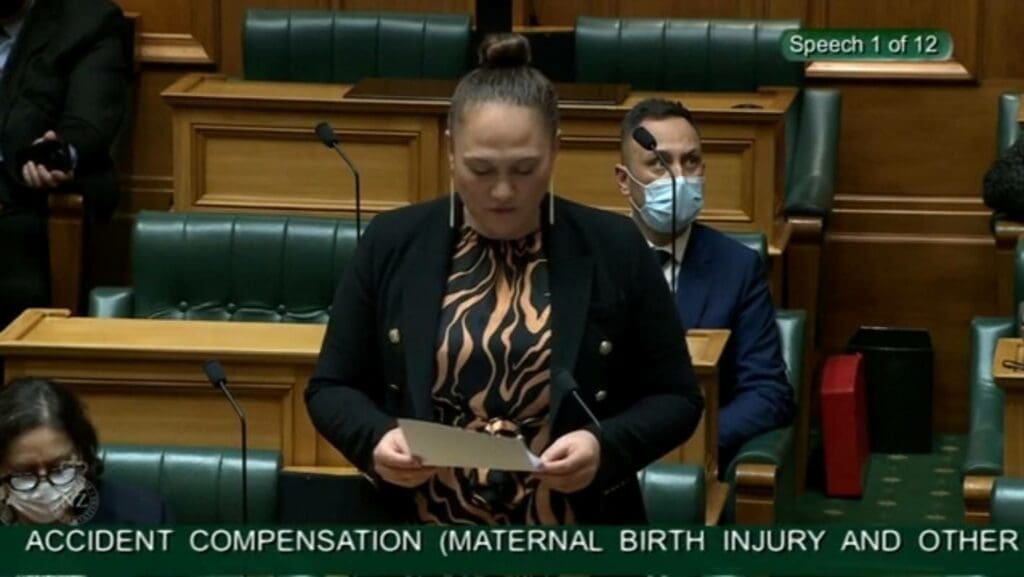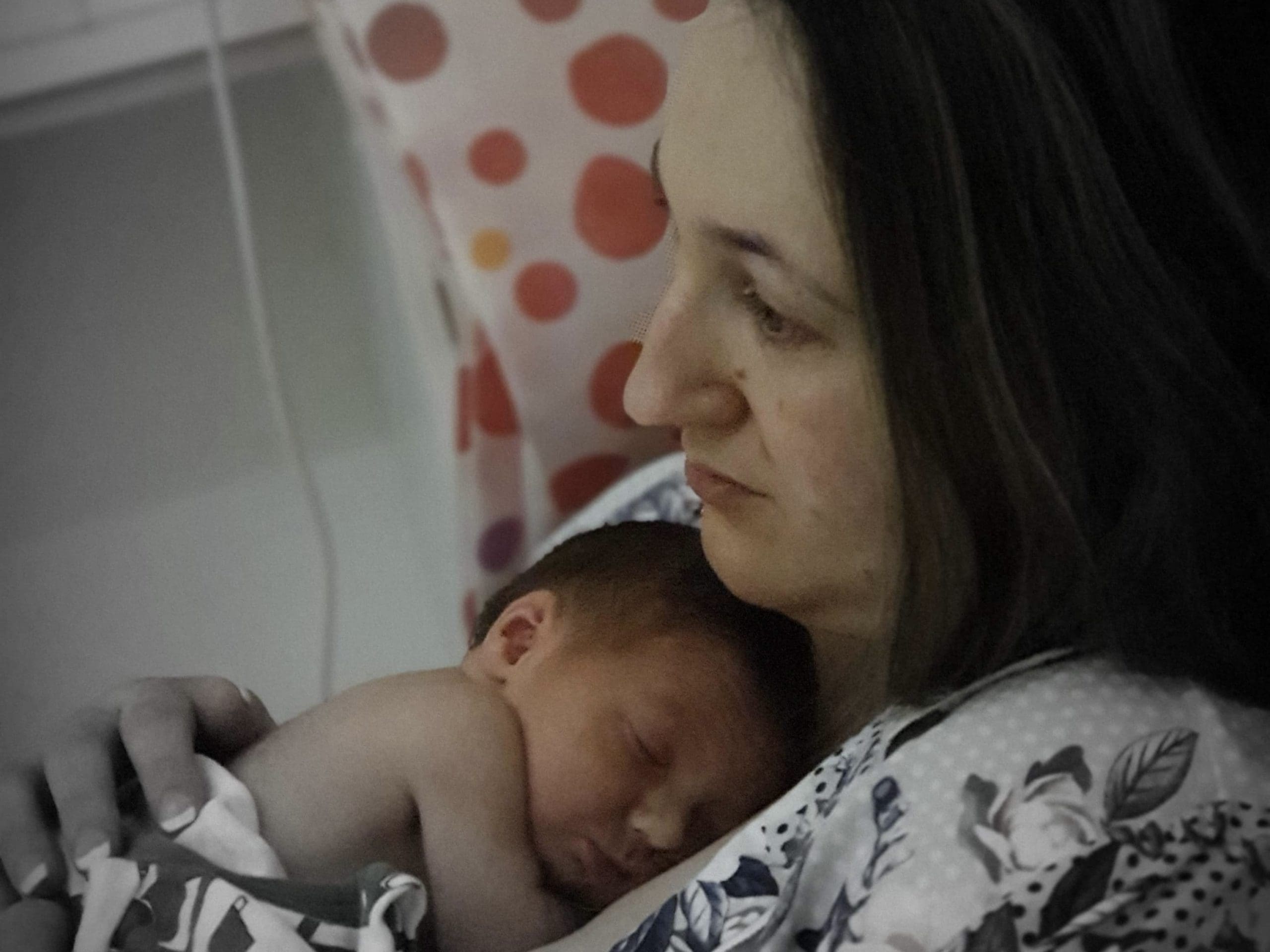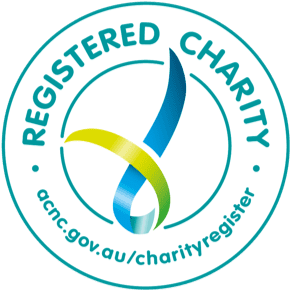You may wish to find out more about how to support our campaign by visiting our advocacy page.
The ABTA welcomes the recent decision by the New Zealand parliament to extend the number of maternal birth injuries covered by the country’s universal accident compensation scheme.
The Accident Compensation (Maternal Birth Injury and Other Matters) Amendment Bill passed its second reading in the House last week, meaning six new categories of birth injuries are set to be covered, bringing the total to 12. The new injuries include specified prolapses, tears, fractures and dislocations, and the rupturing of the uterus.
Although proponents of the Bill argue it doesn’t go far enough because it excludes psychological injuries and is retrospective, it is still an encouraging step forward in recognising the life altering impact birth injuries have on women and birthing people and their families.
Here in Australia, we can only dream of a universal no-fault accident compensation scheme like that enjoyed by our brothers and sisters across the ditch. Sadly, for Australian women who suffer significant and permanent injuries during birth, their only recourse for compensation is through the courts – a costly, lengthy, and often traumatic process. And while, anecdotally, we know the number of claims brought by injured women has risen exponentially in recent years, thanks to increased awareness of this once taboo topic, the prevailing narrative that severe injuries are a normal and unavoidable consequence of childbirth means many more women assume they have no right to compensation.
Instead, they suffer in silence, sometimes for years, sometimes forever.
While it would take a huge paradigm shift for Australia to adopt the New Zealand model of injury compensation, there is still plenty our Federal Government could do to improve the lives of women living with birth injuries, and the most obvious place to start is universal access to Medicare subsidised perinatal pelvic health physiotherapy.
The ABTA has identified the inclusion of pelvic health physiotherapists in pregnancy and postnatal care as a key strategy for:
- providing more accurate physical assessment in preparation for birth,
- improving the quality of information on birthing and the procedures that may be involved, and
- improving postnatal assessment, diagnosis, and treatment of physical birth trauma.
As our recent Birth Injuries: The Hidden Epidemic report revealed, delays in diagnosis lead to extended suffering and the compounding of health implications for affected women, their partners, and families.
We are therefore renewing our call for the Federal Government to provide all women and birthing people Medicare subsidised physiotherapy during pregnancy and up to one year postpartum, including one antenatal session to assist with birth preparation and education, and six postnatal sessions to help with timely diagnosis and intervention to significantly improve long-term outcomes and quality of life.
Just over 41,000 people have already signed our Change.org petition. Please help us get to 50,000 signatures so we can make some real noise that can’t be ignored!
The ABTA relies on your support to continue the vital work we do in supporting families please donate here.








